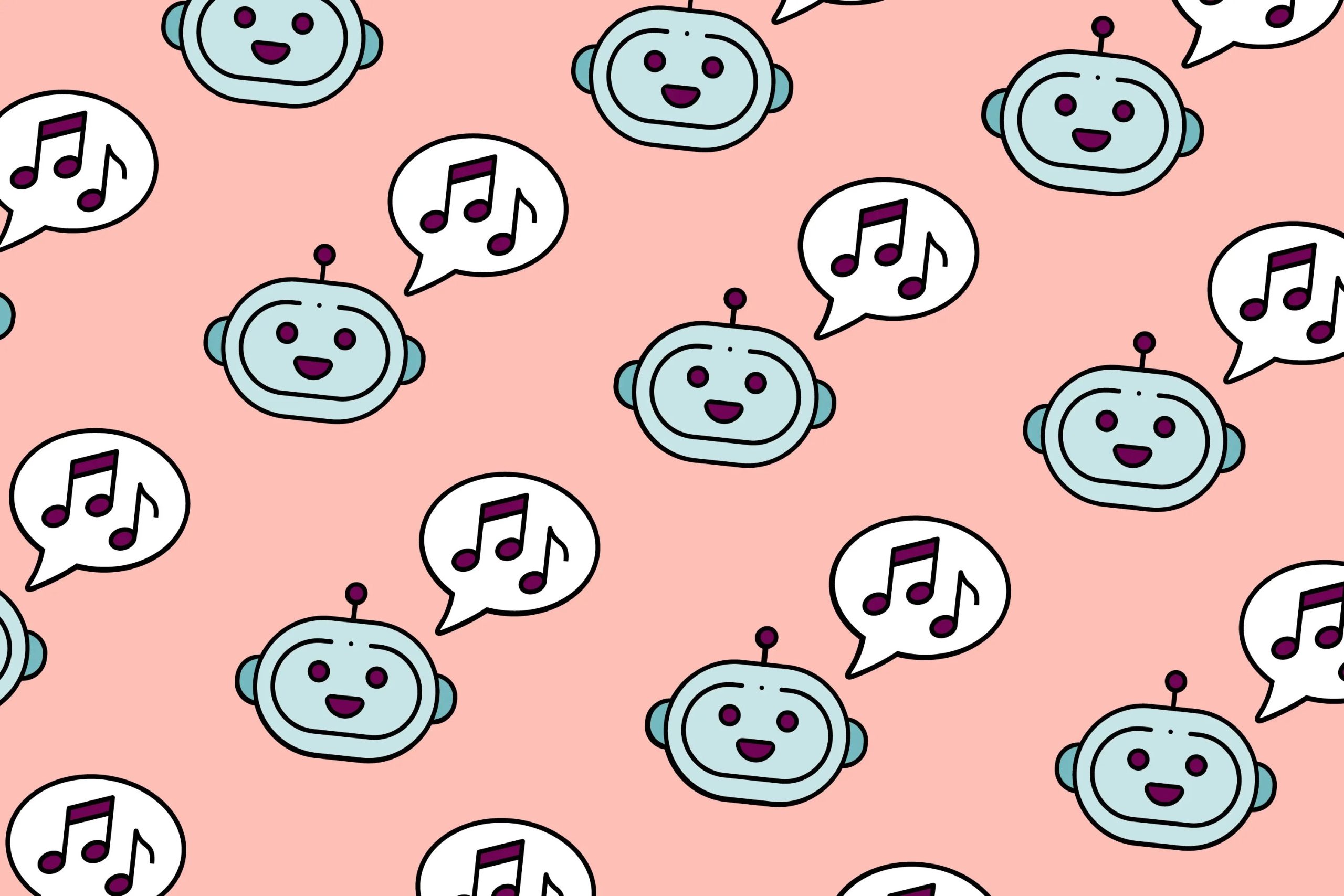The music-sharing platform SoundCloud quietly updated its terms of use in February last year, adding language that lets it train AI models on its users’ content, as TechCrunch reported. And while the company says it hasn’t used user-created content for model training, it doesn’t rule out the possibility that it will in the future.
Marni Greenberg, SVP and head of communications at SoundCloud, provided the following in a statement emailed to The Verge.
SoundCloud has never used artist content to train AI models, nor do we develop AI tools or allow third parties to scrape or use SoundCloud content from our platform for AI training purposes. In fact, we implemented technical safeguards, including a “no AI” tag on our site to explicitly prohibit unauthorized use.
Greenberg went on to say that SoundCloud’s terms of service update “was intended to clarify how content may interact with AI technologies within SoundCloud’s own platform.” She said the company uses AI for things like personalized recommendations and fraud detection, and suggests its plans for future uses of AI on its platform fall along similar lines.
When we asked about letting users opt out of having their music used for generative AI development, here’s what Greenberg had to say:
The TOS explicitly prohibits the use of licensed content, such as music from major labels, for training any AI models, including generative AI. For other types of content uploaded to SoundCloud, the TOS allows for the possibility of AI-related use.
Importantly, no such use has taken place to date, and SoundCloud will introduce robust internal permissioning controls to govern any potential future use. Should we ever consider using user content to train generative AI models, we would introduce clear opt-out mechanisms in advance—at a minimum—and remain committed to transparency with our creator community.
Hopefully SoundCloud will go to greater lengths to tell users about those opt-out mechanisms than it appears to have done for last year’s AI-related terms of use update. Tech ethicist Ed Newton-Rex, who spotted the changes reported by TechCrunch, posted that they “can’t see any emails” alerting them that the terms had been altered. I’ve contributed to SoundCloud, too, and also didn’t find any emails about the changes when I checked. SoundCloud’s terms say it will provide “prominent notice” about significant alterations to its terms, but doesn’t guarantee you’ll see that in an email.
Here’s SoundCloud’s original full statement, as provided to to The Verge by Greenberg:
SoundCloud has always been and will remain artist-first. Our focus is on empowering artists with control, clarity, and meaningful opportunities to grow. We believe AI, when developed responsibly, can expand creative potential—especially when guided by principles of consent, attribution, and fair compensation.
SoundCloud has never used artist content to train AI models, nor do we develop AI tools or allow third parties to scrape or use SoundCloud content from our platform for AI training purposes. In fact, we implemented technical safeguards, including a “no AI” tag on our site to explicitly prohibit unauthorized use.
The February 2024 update to our Terms of Service was intended to clarify how content may interact with AI technologies within SoundCloud’s own platform. Use cases include personalized recommendations, content organization, fraud detection, and improvements to content identification with the help of AI Technologies.
Any future application of AI at SoundCloud will be designed to support human artists, enhancing the tools, capabilities, reach and opportunities available to them on our platform. Examples include improving music recommendations, generating playlists, organizing content, and detecting fraudulent activity. These efforts are aligned with existing licensing agreements and ethical standards. Tools like Musiio are strictly used to power artist discovery and content organization, not to train generative AI models.
We understand the concerns raised and remain committed to open dialogue. Artists will continue to have control over their work, and we’ll keep our community informed every step of the way as we explore innovation and apply AI technologies responsibly, especially as legal and commercial frameworks continue to evolve.

